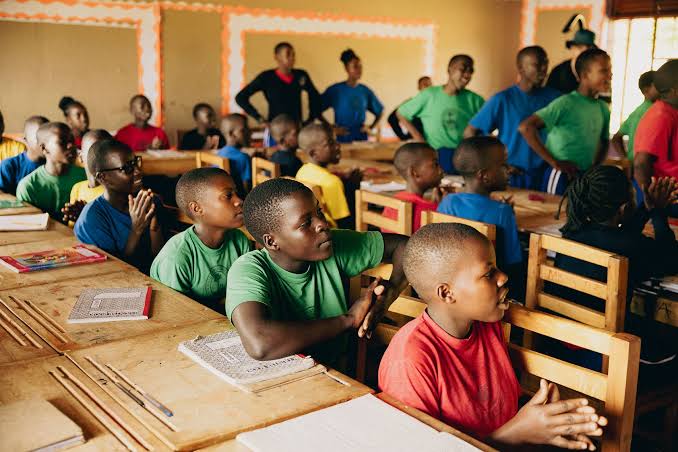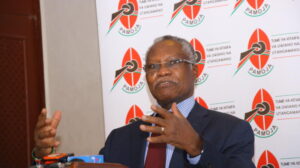The government has openly admitted that it can no longer fully support free education in public primary and secondary schools. Treasury Cabinet Secretary John Mbadi told the National Assembly Committee on Education that the financial load is too big for the State to carry alone.
As a result, the government is cutting the capitation funding that schools rely on to run basic operations. Mbadi explained that instead of giving the full Ksh.22,000 per student in secondary school, the government can now only manage Ksh.16,600.
He broke it down further by saying that the funds are being released in phases 50%, 30%, and 20% but even that is still not enough.
This move means parents will have to cover the gap themselves, putting more pressure on families already struggling with the high cost of living. The situation has caused concern among Members of Parliament, who are now calling for full honesty and accountability from both the Education and Treasury ministries.
The timing has made things worse because the education sector is already facing multiple challenges, including scandals involving fake or non-existent schools, unpaid debts, and poor management.
Just a few days before Mbadi’s remarks, the Auditor General had exposed how public funds were sent to schools that do not exist. This revelation shocked lawmakers. Luanda MP Dick Maungu questioned how such ghost schools received funds that had not been approved.
Teso South MP Mary Emasse said the issue of ghost schools needs an immediate and clear explanation. Igembe North MP Julius Taitumu asked how directors in the ministry allowed money to go to institutions that were clearly fake.
Education Cabinet Secretary Migos Ogamba did not deny the seriousness of the issue. He stated that if money went to non-existent schools, then that is a criminal act and no one can justify it.
He promised that if the claims are confirmed, the case will be handed over to the Directorate of Criminal Investigations.
On top of that, the education committee raised concerns about the Kenya Education Management Information System, or KEMIS. According to Baringo North MP Joseph Makilap, many students are still not registered in the system, which means they are missing out on capitation funds.
He pointed out that even Technical and Vocational Education and Training institutions, commonly known as TVETs, are now carrying a huge debt of Ksh.12.5 billion.
In response, CS Ogamba said that the ministry is still working on the system to improve its accuracy and efficiency.
Despite these funding problems and all the issues around transparency and data management, the Ministry of Education says it still plans to hire 24,000 intern teachers this financial year.
While that could help ease the pressure in classrooms, it also adds to the concerns on how the government will afford such plans when basic capitation is already falling short.
Parents are being forced to bear a bigger share of the cost of education, and the dream of free schooling in Kenya seems to be fading.





















Add Comment